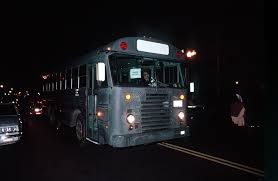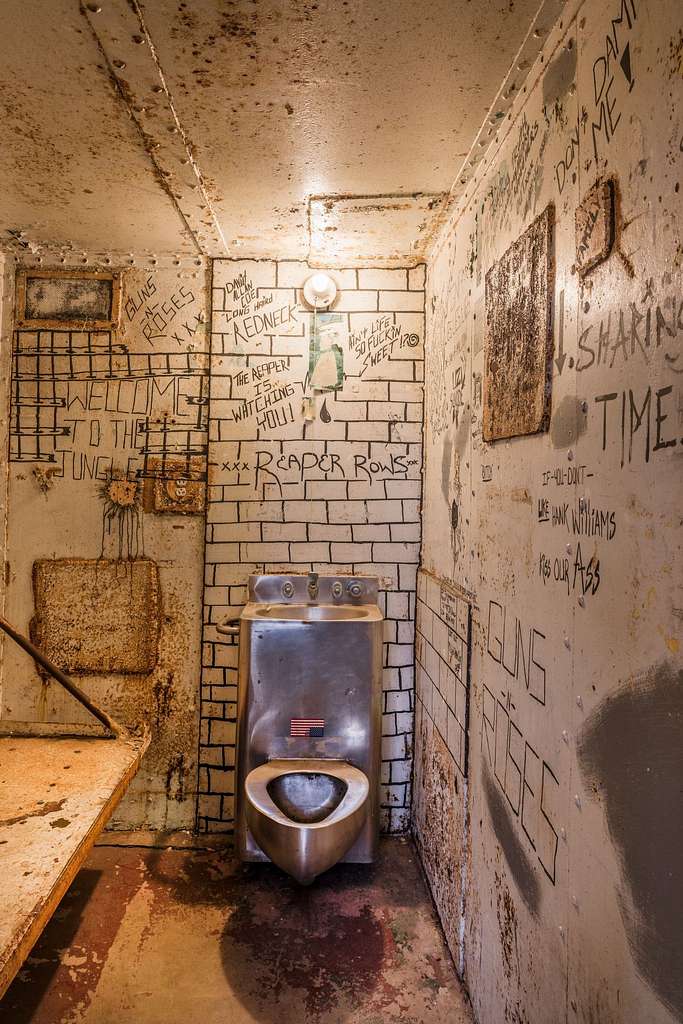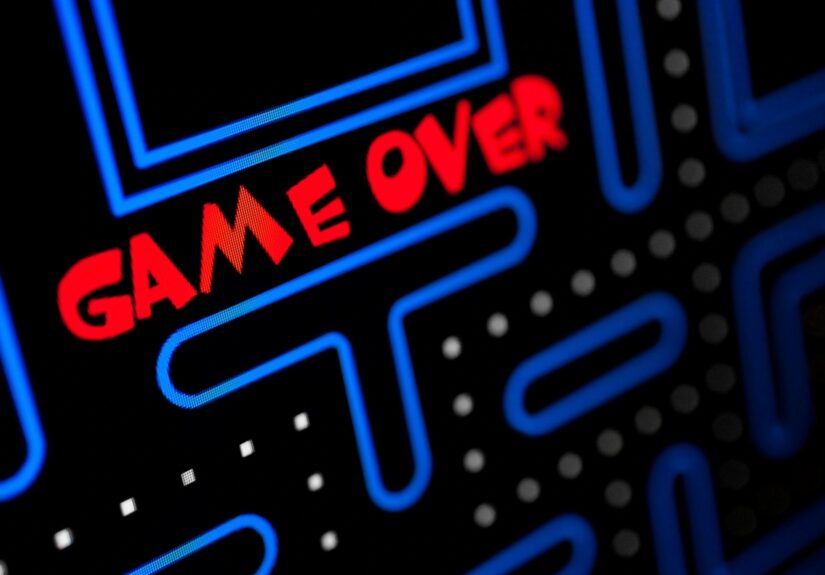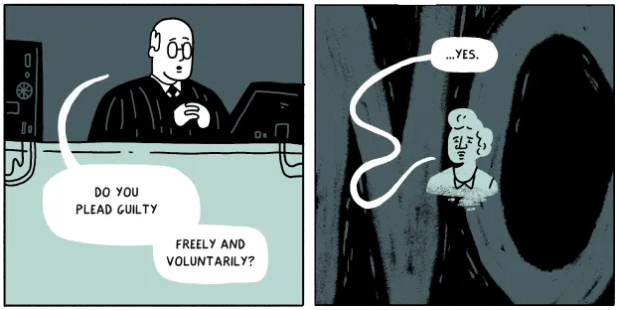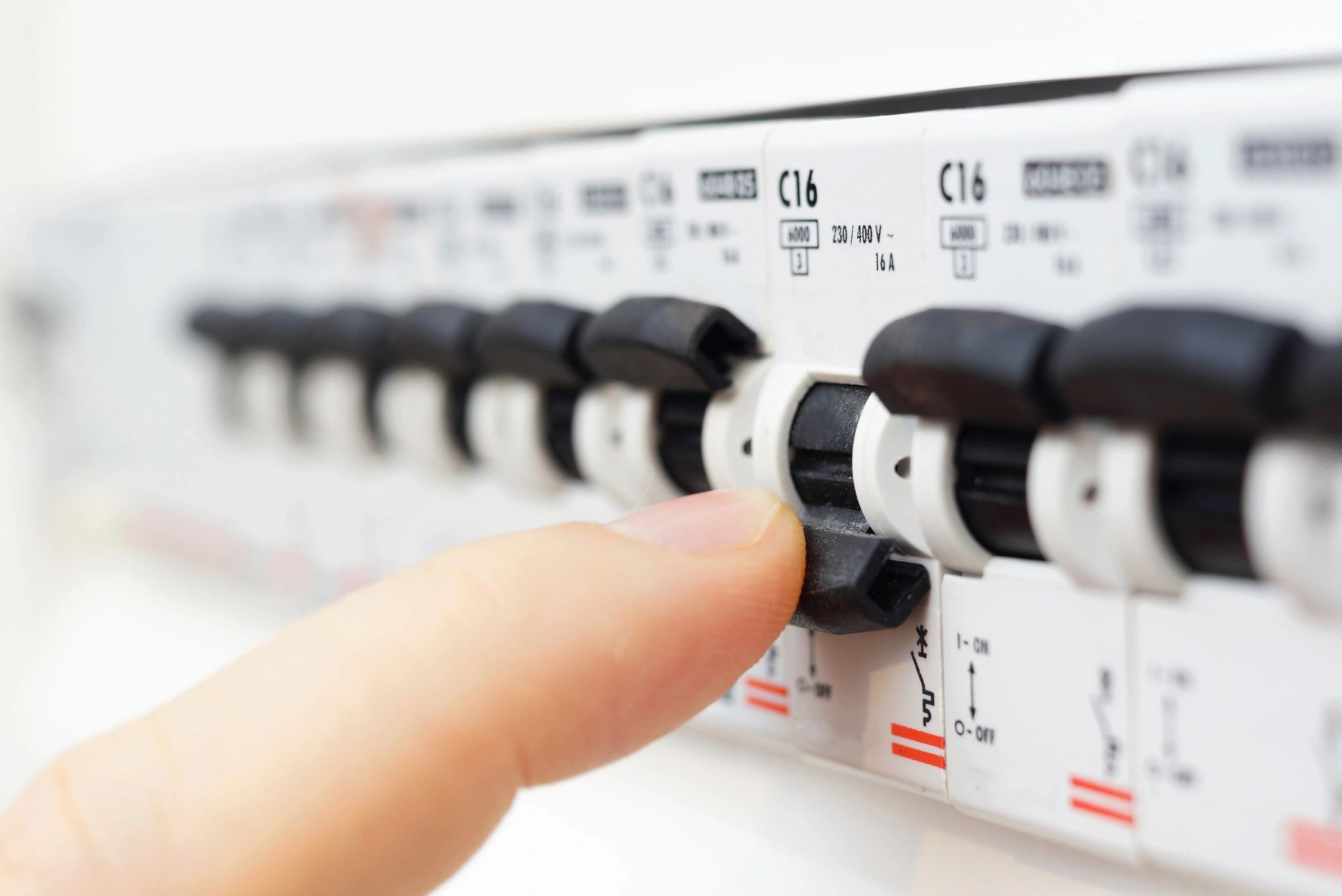

It can be said that most prosecutors are interested in politics. Many focus on gaining the most convictions to increase their popularity before the next election. A district attorney with a low conviction rate is less likely to be elected, even if they are trying to be fair. Their job is to secure the most convictions that they can, so they focus on proving their side of the case more than finding the truth.
One of the ways that they ensure a conviction is by increasing, and sometimes falsifying, the charges held against the accused. This tactic works against both the guilty and the innocent.
The prosecution will have an initial charge to secure the arrest. This is the charge that they will base a later plea deal on. They may offer an initial plea deal but usually they will wait to see how the accused intends to fight. If the accused plead guilty, the original charge is all that is brought on them. However, if they decide to fight, the prosecution will begin stacking on extra charges. The longer the fight, the more charges the prosecution adds.
In the end, the prosecution will make an offer to the defense that is equal or greater than the original charge. They create fear by saying that if it goes to trial then they are going to keep all those extra charges they stacked on. Then, they say that the accused will face significantly more time in prison if found guilty, or they could take a plea deal. Most people, innocent or guilty, will avoid the massive risk that comes with all those additional charges and take the plea deal instead.
The way the laws are designed, the prosecution can pick from a variety of tactics to increase the counts per charge and the number of charges. Many times, they will be the same charge but legal loopholes allow the state to increase the number of counts. Additionally, so many laws overlap and are so vague that the prosecution can legally use them to secure a guilty plea.
Sadly, many times there simply isn’t any way to fight this. Although the premise is innocent until proven guilty, the reality is that this concept does not exist in practice. The falsely accused must prove their innocence beyond any doubt to be able to fight against the overwhelming resources of the prosecution.
If the case goes to trial, most of the additional charges will be dropped because they simply will not hold up in court. Even so, few people can afford to fight all of the charges from start to finish. Trials can last for several years, so many defendants simply take a plea deal and do the time, even though they are innocent.
This tactic, combined with a great many others, almost ensures that the prosecution always wins. A good portion of the population live paycheck to paycheck and can’t afford a good lawyer and the time it takes to fight. Very few cases now go to trial, and even fewer end with a not guilty verdict.
The only way to combat this is for legislation to be passed that makes these tactics illegal and holds politically motivated district attorneys accountable.
The trial be peer system is designed to eliminate bad practices. Unfortunately, that system is rarely used as our forefathers intended.


